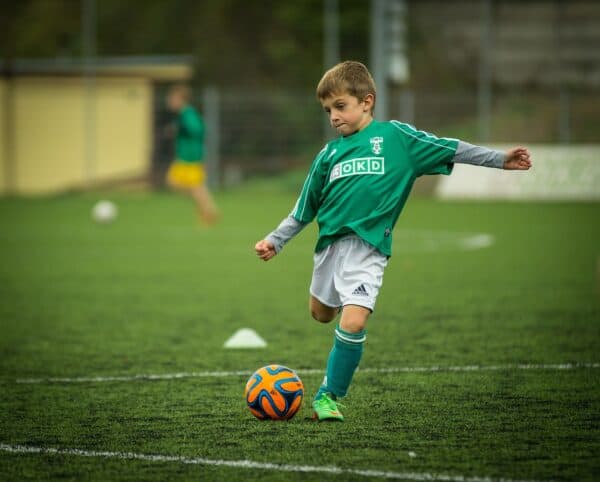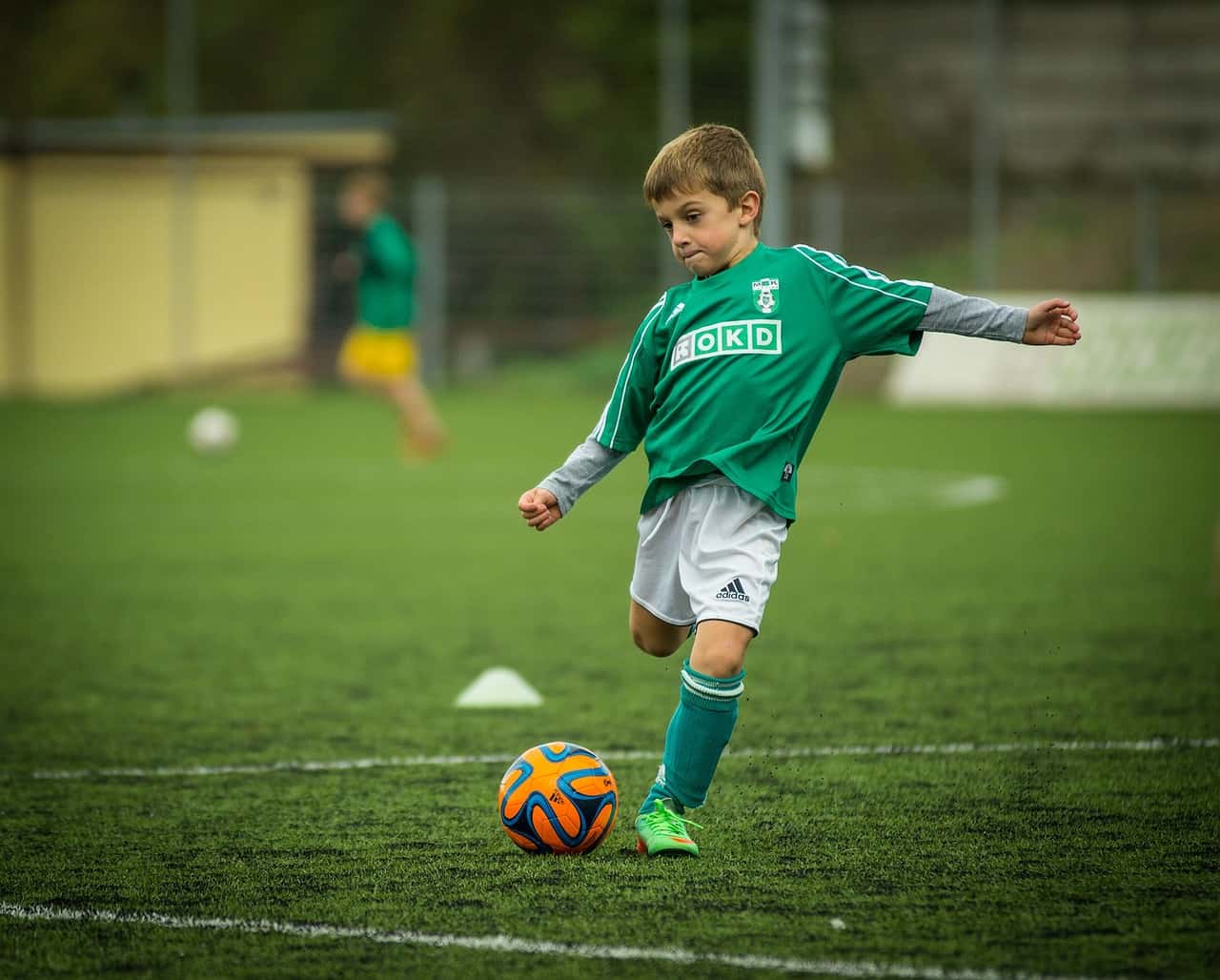The physical benefits of exercise for children are already well-known. Running around, trampolining, dancing and playing games doesn’t just allow little ones to let off steam; it also improves coordination and keeps them in good physical shape.

At the same time, playing team sports such as football, netball, and rounders teaches them how to play with others, improving social skills. Then there is the behavioural aspect, i.e. learning to take turns and play within the rules.
Physical exercise’s other benefits include helping kids develop motor skills, concentrate on the immediate task at hand, and even problem-solving.
Those are all excellent plus points in themselves, but there’s more to be gained, in the sense that there are just as many mental benefits to sports as there are physical. For instance, physical activity can improve a child’s confidence, reduce anxiety and allow them to look at life more positively. And here’s how:
Boost self-esteem
Achieving a forward roll, running just as fast – or faster – than their peers and performing a perfect dance move – all these things make a child feel good about themselves. They will no doubt receive praise for their achievement, making them appreciate their body and what it can do.
Reduce anxiety
Anxiety, such as a fast heart rate, tense muscles and even a tension headache, can all be alleviated greatly with exercise. That’s because physical activity will reduce the heart rate, loosen the muscles and allow the child to focus on something other than how uncomfortable their body feels.
Combat mild depression
Physical activity causes the body to induce endorphins. These are the ‘feel-good chemicals’ in our brain, such as serotonin and dopamine. After a bout of physical activity, a child will be more relaxed, will sleep better, and feel good during or after.
Improve social skills
Children who play with others in their peer group feel less lonely. Shared activities, particularly team sports, make them feel like they belong and provide companionship. It helps combat loneliness. Playing sport or some other physical activity makes it easier for a shy child to make friends because the focus is on the game, not themselves or how they appear to others.
Meanwhile, a study concluded @BJSM_BMJ: “Evidence shows small but consistent associations between sedentary screen time and poorer mental health.” Physical activity and especially games and exercises with others of a similar age is terrific for children. We’ve already documented the physical and mental benefits in this article, but playing together is another essential plus, and the fact is that games are fun.
Not all physical activity is fun, of course. The idea of a fun activity is very subjective and down to the individual. It just depends on what particular aspect a child prefers. One with good hand-to-eye coordination will excel at tennis and other racket sports, while others will love to run, shoot hoops or swim. The point is they’re being physical and having a good time.

